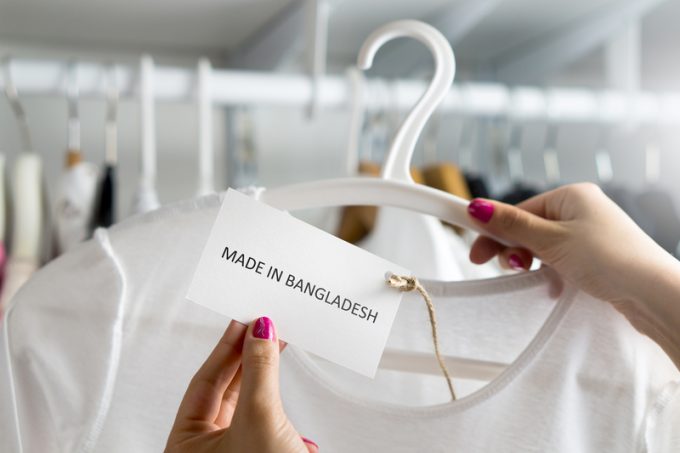Rail crisis sees boxes pile up at Dhaka – with Ramadan and Eid looming
Box lines are increasingly concerned that an imbalance in Bangladesh’s rail capacity could cause chaos ...

After calls from shippers, the Bangladesh government has approved the round-trip use of containers, which is expected to cut lead times and transport costs significantly.
Lead times remain a major concern for Bangladeshi shippers, especially in the apparel sector with their main destinations being western countries. Bangladesh is the second-largest apparel exporter in the world.
Initially, round-trip container use will be allowed for factories at export processing zones (EPZs), but is expected to be expanded to other factories across the country.
Previously, an ...
Asia-USEC shippers to lose 42% capacity in a surge of blanked sailings
Why ROI is driving a shift to smart reefer containers
USTR fees will lead to 'complete destabilisation' of container shipping alliances
New USTR port fees threaten shipping and global supply chains, says Cosco
Outlook for container shipping 'more uncertain now than at the onset of Covid'
Transpac container service closures mount
DHL Express suspends non-de minimis B2C parcels to US consumers

Comment on this article
minhajul Hossain
March 31, 2021 at 8:30 pmGood Job